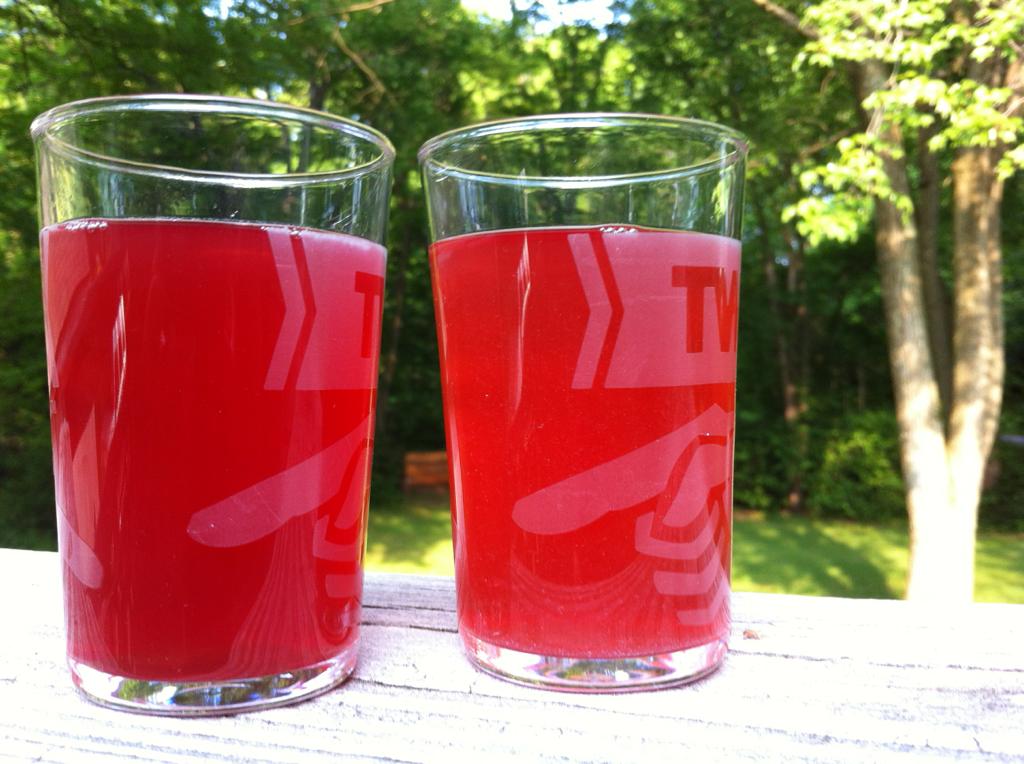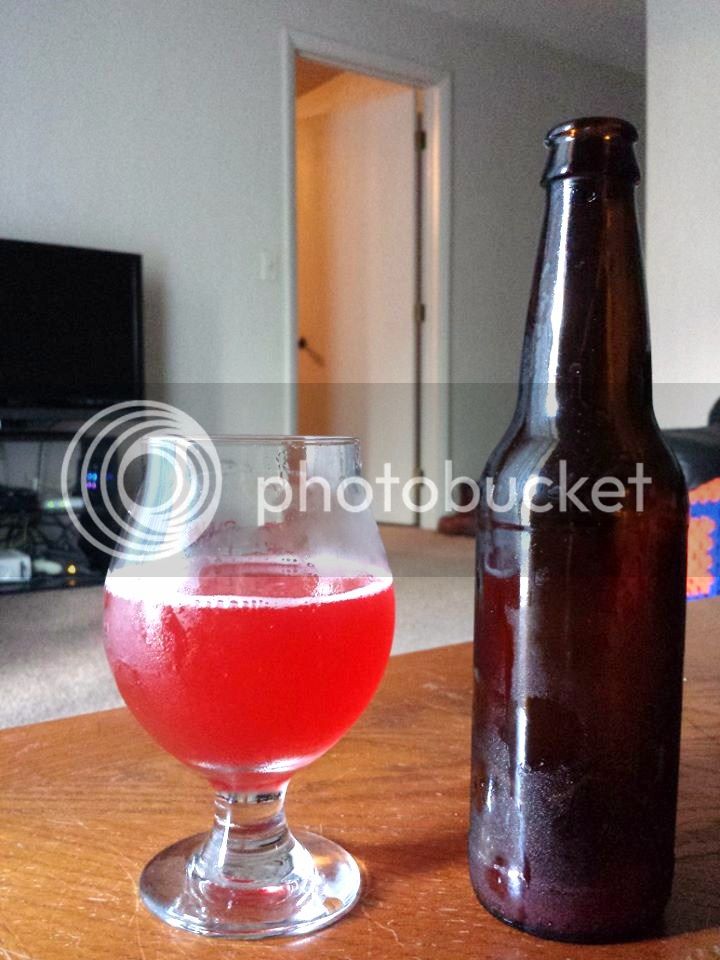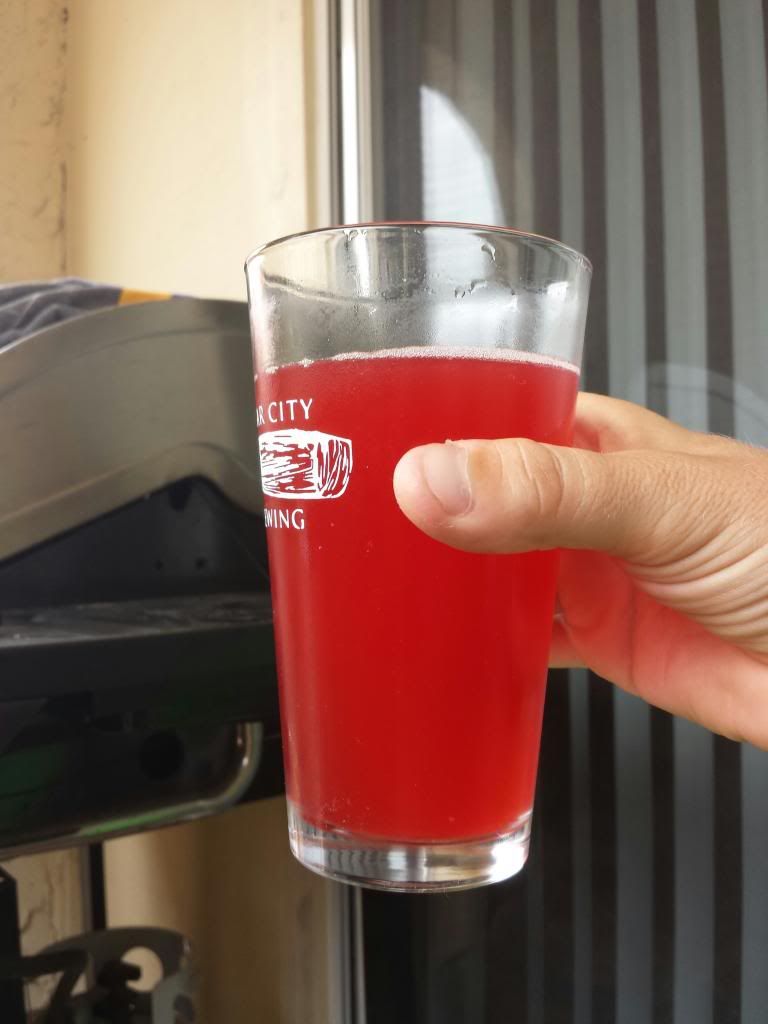Hey all. Thread is 2 months old but maybe I can resurrect.
I am an extract brewer looking to do a berliner without tieing up my FV for months. I am pushing towards what some like J Wakefield, Pegs/Cycle, Funky Buddha, Angry Chair, Gravity Brewlab are doing- heavily fruited berliners dubbed 'Florida Weisse.' After much research, I think the sour wort approach will work best for me for ease and quick turn around.
Can anyone let me know that I am following a good process???
a) Heated 3.5 gal water in the kettle to 170
b) Added full amount of DME
c) Cooled to 115F
d) Tossed handful uncrushed 2-row into kettle.
e) Purged headspace with CO2
f) Layered sanitized cling wrap over wort and made a seal on the kettle sides
g) Purged remaining 4 inches of headspace in kettle with CO2 and sealed headspace with cling wrap
h) Threw on kettle lid for good measure
i) Wrapped in towel, placed in oven with oven light on (currently holding 107F, 6 hours later)
The following steps are NOT done yet...only 6 hours into the sour wort. It already has a light creamed corn smell
j) Keep temp 90-110 best I can. After 1 day, taste, leave longer if not soured to taste. Total 2-4 days.
k) once at desired sour level, strain grain and any mess from wort, and bring to boil in kettle to kill of lacto
l) Boil 15 minutes. Add 1oz Hallertau at start of boil.
m) Cool with ~2 gal of top off water and put in ice bath to bout 70F. This will bring total wort to 5 gallons.
n) Pitch US-05 and leave in temp controlled chest freezer til primary ferm finishes
o) rack over 4 lb of pureed raspberries in secondary (buying frozen, pureeing in food processor, freezing in ziploc, thaw and pitch)
p) let ride in secondary 1-2 weeks.
Questions!
1) When I bottle this after fermentation (probably 1 week primary, 2 weeks on fruit in secondary), how long should it be in bottles before ready...the typical 3 weeks that I wait with most of my beers, or will it take longer to condition
2) How many volumes of CO2 for this beer. I imagine its higher than the 2.2-2.4 I use on my IPA/DIPA/IIPAs
3) Anyone have any idea how to keep the sour wort hot enough. People say in the oven with the light on, but I have doubts my little oven light is going to keep the oven around 100*. I have heard a) heat blanket (reasonable, as they are only $18 at Walgreens), b) hair dryer (lol), c) maybe turn the oven on low for a bit (first removing my towels and such)
If my beers turns out tasting anything close to decent and looks like this (for a HBT user), I will be very proud for a first try. The whole baby diaper, cheese, foot sweat, vomit stories are freakin me out








